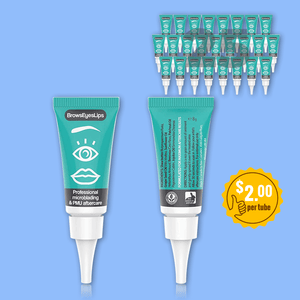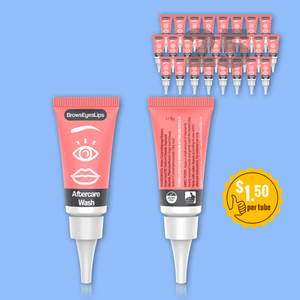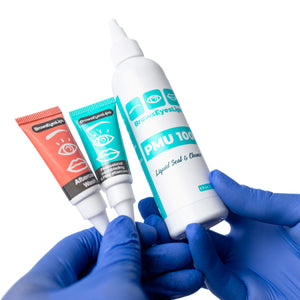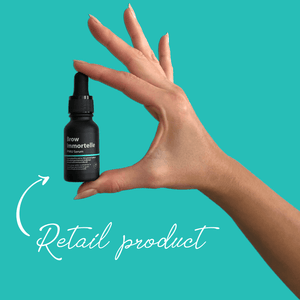Fragrance in PMU
Why Fragrance Has No Place in Permanent Makeup Products
Fragrance chemicals are among the top causes of allergic skin reactions. In the 2019-2020 North American Contact Dermatitis Group survey, 12.8% of more than 4,000 patients reacted to the standard fragrance mix-making it the third most common allergen after nickel and a preservative called MI. Population studies show that 1.7-4.1% of the general public is already sensitized to common perfume ingredients, and about 10% of people with eczema react to them in testing.
How Fragrance Affects Your Skin
Fragrance molecules are small, volatile, and lipophilic, meaning they can easily pass through the skin barrier. Ingredients like linalool and limonene oxidize when exposed to air, turning into hydroperoxides-potent allergens that are responsible for a growing number of reactions. Once these molecules bind to skin proteins, the immune system flags them as a threat, which can lead to redness, swelling, scaling, and even blistering.
Even on healthy skin, medical guidance recommends avoiding fragrances. Best-practice wound care protocols specifically call for gentle, pH-balanced, fragrance-free cleansers and creams because perfumes add unnecessary irritation, raise skin pH, and weaken the skin barrier.
The Risk in Permanent Makeup
In permanent makeup, the stakes are higher. Microblading, lip blushing, and machine nano-brows create thousands of microchannels in the skin. For 7-14 days, that tissue behaves like an open wound. This is why professional aftercare always starts with "wash with a mild, fragrance-free cleanser" and avoids scented products during healing. Introducing fragrance-whether in pigments, numbing gels, or aftercare balms-means putting a known allergen directly onto compromised skin. This increases the risk of contact dermatitis, prolonged swelling, delayed healing, pigment loss, and unhappy clients.
Fragrance has only one purpose: marketing appeal. Permanent makeup is a technical and paramedical service where safety, skin health, and pigment retention matter far more than a pleasant scent. Every ingredient should have a functional role, supporting pigment stability, glide, or healing. Fragrance does none of these-and can interfere with them.
The takeaway for PMU artists:
- Choose only fragrance-free pigments, cleansers, and aftercare products.
- Read labels carefully - "parfum" or "fragrance" is a red flag.
- Fragrance-free doesn't mean odorless. Raw ingredients may have a natural scent, and that's normal.
Permanent makeup is about precision, safety, and long-term results, not how a product smells. For better healing and happier clients, we recommend keeping fragrance out of your products and your treatment room.




